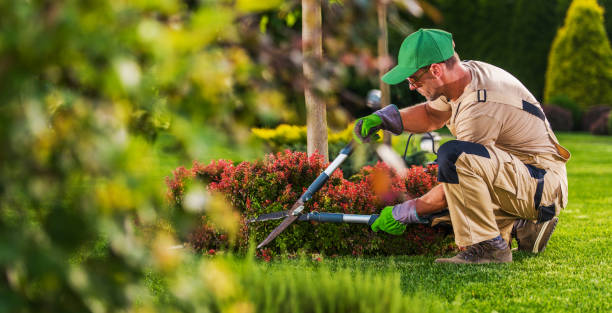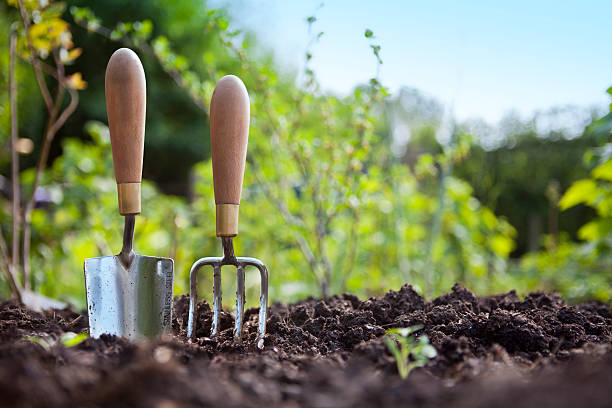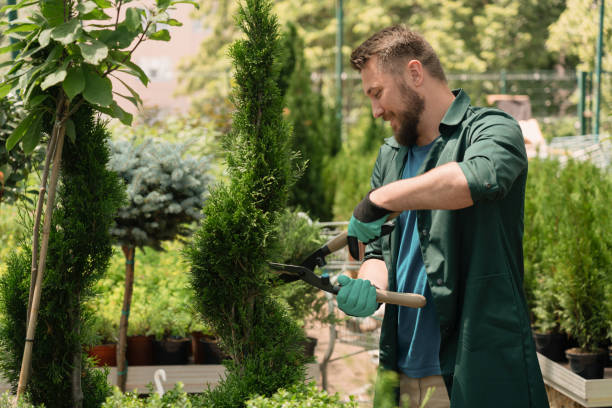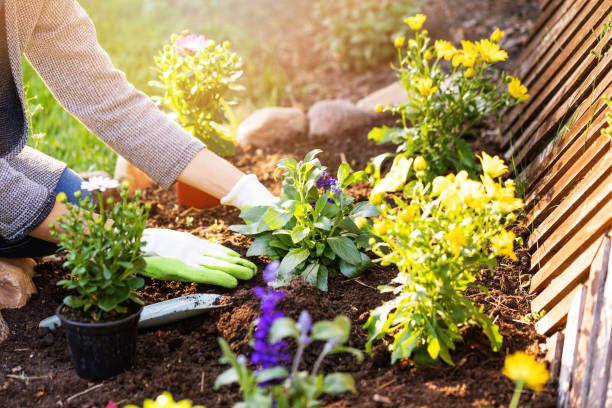The Ultimate Guide to Organic Gardening at Home
Introduction
Organic gardening is a sustainable and rewarding way to grow fresh, chemical-free produce right in your backyard or even on your balcony. By avoiding synthetic fertilizers and pesticides, you contribute to a healthier ecosystem while enjoying nutrient-rich fruits, vegetables, and herbs.
Whether you’re a beginner or an experienced gardener, this guide will walk you through the essentials of starting and maintaining a thriving organic garden at home.
1. Benefits of Organic Gardening
-
Healthier Food: No harmful chemicals mean safer, more nutritious produce.
-
Eco-Friendly: Reduces pollution, conserves water, and supports biodiversity.
-
Cost-Effective: Saves money on groceries and reduces food waste.
-
Therapeutic: Gardening reduces stress and promotes mental well-being.
2. Planning Your Organic Garden
A. Choose the Right Location
-
Sunlight: Most vegetables need 6-8 hours of direct sunlight daily.
-
Soil Quality: Test your soil for pH and nutrient levels (ideal pH: 6.0-7.0).
-
Drainage: Ensure good water drainage to prevent root rot.
B. Decide What to Grow
-
Beginner-Friendly Plants: Lettuce, tomatoes, basil, carrots, and radishes.
-
Companion Planting: Grow plants that benefit each other (e.g., tomatoes + basil).
-
Seasonal Choices: Research the best crops for your climate and season.
3. Preparing the Soil Organically
Healthy soil is the foundation of organic gardening.
A. Improve Soil Fertility
-
Compost: Add homemade compost to enrich soil with nutrients.
-
Manure: Use well-aged cow, chicken, or horse manure.
-
Mulching: Apply straw, leaves, or grass clippings to retain moisture and suppress weeds.
B. Avoid Chemical Fertilizers
Use organic alternatives like:
-
Bone meal (for phosphorus)
-
Kelp meal (for trace minerals)
-
Fish emulsion (for nitrogen)
4. Planting Your Garden
A. Starting from Seeds vs. Seedlings
-
Seeds: More variety, cost-effective, but require patience.
-
Seedlings: Faster harvest, ideal for beginners.
B. Proper Spacing & Depth
Follow seed packet instructions to avoid overcrowding.
C. Watering Techniques
-
Water deeply but less frequently to encourage strong roots.
-
Use drip irrigation or a watering can to avoid leaf diseases.
5. Natural Pest & Weed Control
A. Organic Pest Management
-
Beneficial Insects: Attract ladybugs, bees, and praying mantises.
-
Neem Oil & Soap Sprays: Effective against aphids and mites.
-
Physical Barriers: Row covers or netting to protect plants.
B. Weed Control
-
Hand Weeding: Remove weeds before they seed.
-
Mulching: Suppresses weeds naturally.
-
Corn Gluten Meal: A natural pre-emergent herbicide.
6. Maintaining Your Organic Garden
A. Regular Monitoring
Check plants for pests, diseases, and nutrient deficiencies.
B. Crop Rotation
Prevent soil depletion by rotating crops each season.
C. Pruning & Harvesting
-
Prune dead leaves to encourage growth.
-
Harvest vegetables at peak ripeness for best flavor.
7. Composting for Sustainability
Turn kitchen scraps (fruit peels, coffee grounds, eggshells) and yard waste into nutrient-rich compost.
Composting Tips:
-
Balance greens (nitrogen) and browns (carbon).
-
Turn the pile regularly for faster decomposition.
-
Avoid meat, dairy, and oily foods to prevent pests.
8. Container & Small-Space Gardening
No yard? No problem!
-
Use pots, grow bags, or vertical planters.
-
Choose compact varieties (e.g., cherry tomatoes, dwarf herbs).
-
Ensure proper drainage to avoid waterlogging.
9. Seasonal Organic Gardening Tips
-
Spring: Start seedlings indoors, prepare soil.
-
Summer: Water early morning, mulch to retain moisture.
-
Fall: Plant cool-weather crops (kale, spinach).
-
Winter: Grow microgreens indoors or use cold frames.
10. Final Thoughts
Organic gardening is a journey that connects you with nature while providing fresh, healthy food. Start small, experiment, and enjoy the process. With patience and care, your organic garden will flourish season after season.






